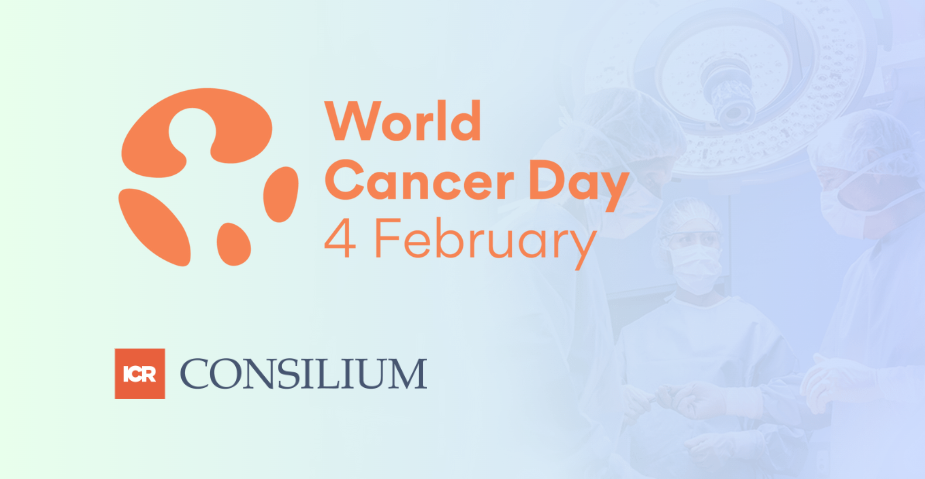
Cancer remains one of the greatest threats to health and wellbeing with roughly half of people getting cancer in their lifetime[1]. Although the innovation we have seen in recent years has made cancers more survivable, it continues to be one of the most challenging diseases to solve. It is a leading cause of death worldwide, accounting for nearly 10 million deaths in 2020, or nearly one in six deaths[2].
On World Cancer Day 2024, we are joined by Andy Parker, CEO of Step Pharma, a biotech company that is pioneering a novel class of targeted drugs that are highly selective, safe and effective for blood cancers and solid tumours by specifically inhibiting a key enzyme called cytidine triphosphate synthase 1 (CTPS1). Andy reflects on the current treatment landscape for cancer research, the biggest opportunities and challenges in the field and what the future holds for the treatment of cancer.
Q: Why is cancer such an intractable disease?
Over the years, there have been many significant advances in the treatment and management of cancer, with targeted therapies, immunotherapies and cell based technological innovations leading the way. While these advancements are promising, challenges remain. The complexity of cancer, treatment resistance, and the need for more effective early detection methods are areas that continue to face challenges, coupled with the issues of accessibility and affordability, which remain critical concerns.
In addition, because of the large variety of different mutations, a treatment that works for one individual might not have the same result in another. Because of this complexity, scientists across the globe are searching for different approaches to target cancer in new ways[3].
Q: What in your view has been a significant breakthrough?
One significant breakthrough has been the advent of targeted therapies, precisely targeting a vulnerability of cancer cells. A potential advantage of this approach is to maximise the effects of the drug against cancer cells whilst sparing normal tissues, allowing for more effective treatment with fewer side effects compared to chemotherapy[4]. Challenges include identifying the right cancers. These therapies specifically target the underlying genetic mutations or abnormal proteins driving the growth of cancer cells. The success of targeted therapies is evident in several cancer types, where patients are experiencing improved outcomes and prolonged survival.
Immunotherapy is another area that has shown great promise. By harnessing the body’s own immune system to recognize and attack cancer cells, immunotherapy has achieved unprecedented success in certain cancers. Checkpoint inhibitors, CAR-T cell therapy, and cancer vaccines are among the innovative immunotherapeutic approaches[5] that are changing the landscape of cancer treatment.
Q: How do you view the future of cancer treatment?
The future of cancer treatment is likely to be shaped by a combination of targeted therapies, immunotherapies, and personalized approaches, with ongoing research into the tumor microenvironment opening up new avenues for therapeutic potential. Collaboration between researchers, healthcare providers, and the biotech and pharmaceutical industry will be crucial to translating these advancements into practical, accessible treatments for patients worldwide.
References:



